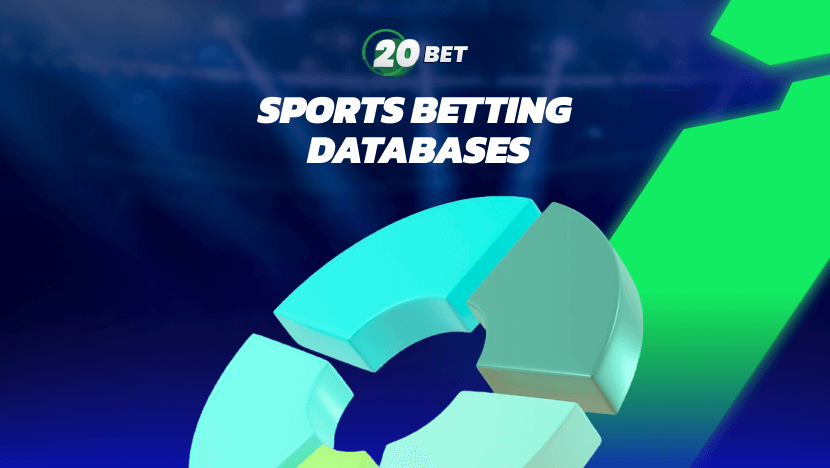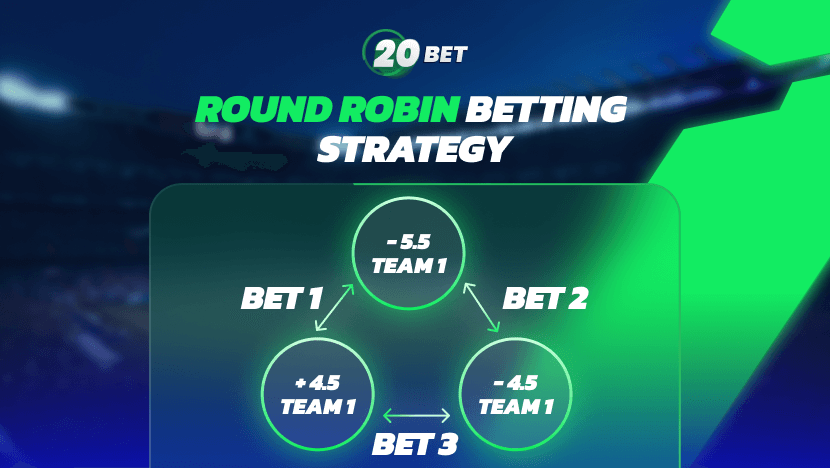Forget the clichés and buzzwords about how databases are “game-changers” or “cutting-edge tools.” They often feel hollow, don’t they?
The real power of these data banks lies not in flashy marketing but in how you use them to build a smarter strategy. Here’s a simple truth: if you’re serious about sports betting, you need data. But it’s not just about having the information. It’s about using it intelligently, creatively, and sceptically.
Facts won’t guarantee wins or make you a genius overnight. What they will do is give you the raw material to out-think the average bettor and, sometimes, the sportsbooks. Here’s the real deal on what these tools offer—and how you can use them effectively.
The Honest Basics: What Are Sports Betting Databases?
At their core, sports betting databases are just that: data banks. Organized sets of historical and real-time sports information are stored for your convenience. They’re not fancy predictors or mystical oracles.
But, they save time. Instead of endlessly Googling “New York Jets record in September games,” you get structured, filterable access to the stats you need. A good sports betting database software doesn’t make you smarter—it just makes your research faster and more precise.
That’s why serious bettors swear by these tools. This level of precision can’t guarantee wins but can dramatically improve your chances over time. They aren’t glamorous, but they’re effective when used correctly. And if you’re not using databases in your research, you’re giving up an edge that others are exploiting.
Advantages & Drawbacks
Advantages:
- Help you understand history patterns: Trends are real and can be followed but shouldn’t be over-relied upon.
- Allow you to filter down to specific contexts: For example, how a team plays in cold weather vs. indoors.
- Expose weak sportsbook lines: Oddsmakers sometimes miss details. It’s your job to find them.
Drawbacks:
- They cannot predict the future with certainty.
- They cannot replace common sense or nuanced judgment.
- They won’t save you if you’re bad at managing your bankroll.
The key to using betting databases isn’t just finding stats but asking the right questions about the data. What’s meaningful? What’s noise? If you approach the numbers blindly, you’ll get burned.
Types of Sports Betting Databases
Sports betting data banks come in different types, each with a specific purpose. Here’s a straightforward look at what they offer.
Historical Betting Databases
This data focuses on past games and trends. They help you understand patterns like how a team performs under certain conditions, such as in away games or lousy weather. For example, you can quickly check how a football team has done in cold-weather games over the past five seasons.
Real-Time Betting Databases
Real-time data banks provide live updates during games. You can track things like injuries, score changes, or shifting odds. For instance, if a key player is injured before the game starts, this database will show how the odds are adjusting.
They’re handy when quick decisions are important.
Player and Team Performance Databases
Here, you’ll see individual player and team stats. For players, you can find information like scoring averages or shooting percentages. Team information will include performance in specific situations, like back-to-back games or matches against rivals.
For example, you might discover a basketball team consistently struggles on the road or that a pitcher performs poorly against specific teams.
Market Movement Databases
Market movement databases track how odds change before, during, and after games. They show where the money is going, whether from casual bettors or professional ones.
For example, if the odds for a team suddenly change, it could mean something important, like a lineup update. Understanding these shifts can help you act before the market adjusts.
NFL Database: Where the Trenches Matter
The NFL sports betting database doesn’t just let you see who won the last game. It goes deeper:
- Want to know how often the Buffalo Bills win as underdogs in divisional games? It’s there.
- Curious about how the Jets perform against NFC teams? Done.
- Need to see if home-field advantage actually matters in September games? Filter it.
This database also tracks trends like how teams perform after bye weeks or in specific weather conditions. For example, under Andy Reid, the Kansas City Chiefs are just 2-5 ATS (Against the Spread) after a bye in recent seasons.
Look for outliers. If a team consistently fails in one scenario, sportsbooks might overlook it—but you won’t.
NBA Database: Load Management in Action
Basketball isn’t just about superstars—it’s about depth, strategy, and travel schedules. The NBA database lets you:
- Check how teams perform on the second night of back-to-back games, a critical factor in modern scheduling.
- Explore month-by-month trends. Do certain teams start strong in October and fade by February?
- See ATS data for underdog and favorite scenarios.
You can also analyze head-to-head matchups. How does Team A historically perform against Team B when playing on the road in March? This level of specificity can lead to valuable betting angles.
Don’t blindly follow trends. If everyone bets on the same angle (like “Team X is 5-0 ATS in November”), the value disappears.
MLB Database: Pitching, Weather, and Divisional Battles
Baseball is a sport where details rule. The MLB database is perfect for breaking down:
- Pitcher Matchups: Compare how individual pitchers fare against specific teams or in certain conditions (e.g., cold weather).
- Over/Under Trends: Spot tendencies in how different sides perform offensively in outdoor vs. indoor stadiums.
- Divisional Performance: See how teams do against specific divisions or leagues.
Imagine you’re curious about the Minnesota Twins at home against the Chicago White Sox. Here you can see past performances, starting pitchers, and even historical moneylines to guide your bets.
NHL Database: Surviving the Grind of a Long Season
Hockey bettors know depth matters. The NHL database helps you dig into:
- Back-to-back performance: Which teams struggle with tired legs?
- Goalies: See how backups perform compared to starters in different situations.
- Seasonal trends: Who thrives in early-season games versus playoff stretches?
The data bank even allows for niche searches, like how teams perform as underdogs in specific months or regions.
Factor in external variables, like travel schedules or weather affecting ice quality in outdoor games.
Difference Between Sports Betting Databases and Betting Tools
Sports betting data banks and betting tools may sound similar, but they work differently.
A database is like a library of raw information. It stores facts and stats about teams, players, games, and trends. You use them to find and analyze the data yourself. For example, it might show you how a team performs in cold weather or after losing their last game.
Betting tools, on the other hand, do some of the work for you. They use the information to create predictions, calculate odds, or highlight trends. For example, a betting tool might tell you that a team has a 70% chance of winning based on past performance and current conditions.
In short:
- Databases: Give you the raw data, and you analyze it.
- Betting tools: Use data to give you insights or predictions.
How Sports Betting Databases Can Improve Betting Strategy
Betting data banks can make you a more intelligent bettor if you use them correctly. It’s not just about checking who won or lost. It’s about finding patterns and digging deeper into the numbers.
1. Look at Detailed Data
Don’t stop at the basics. Go beyond win/loss records. Check how a team performs in specific conditions, like during away games or when their star player is injured. For example, some teams might play better at home when it’s cold, while others struggle.
2. Combine Different Sources
One database might not tell the whole story. Use multiple sources to get a bigger picture. For instance, check for a team’s past performance, then look at injury reports or recent line movements. Putting all this information together can help you make better bets.
3. Spot Weak Odds
Oddsmakers sometimes miss details. Use data to find patterns or trends they may have overlooked. For instance, if a team struggles in back-to-back games and their star player is out, you might find value in betting against them before the odds adjust.
Final Thoughts: It’s Not About the Data. It’s About How You Use It.
A database won’t make you rich or unbeatable. But it can make you better informed and, if you’re willing to put in the work, much more strategic. Having a database is like having access to a map when others are navigating blind. It’s not a guarantee of success, but it gives you a clearer picture of the landscape.
At the end of the day, it’s not just about knowing more than others. It’s about approaching the data differently, thinking creatively, and challenging assumptions. That’s the real edge.






